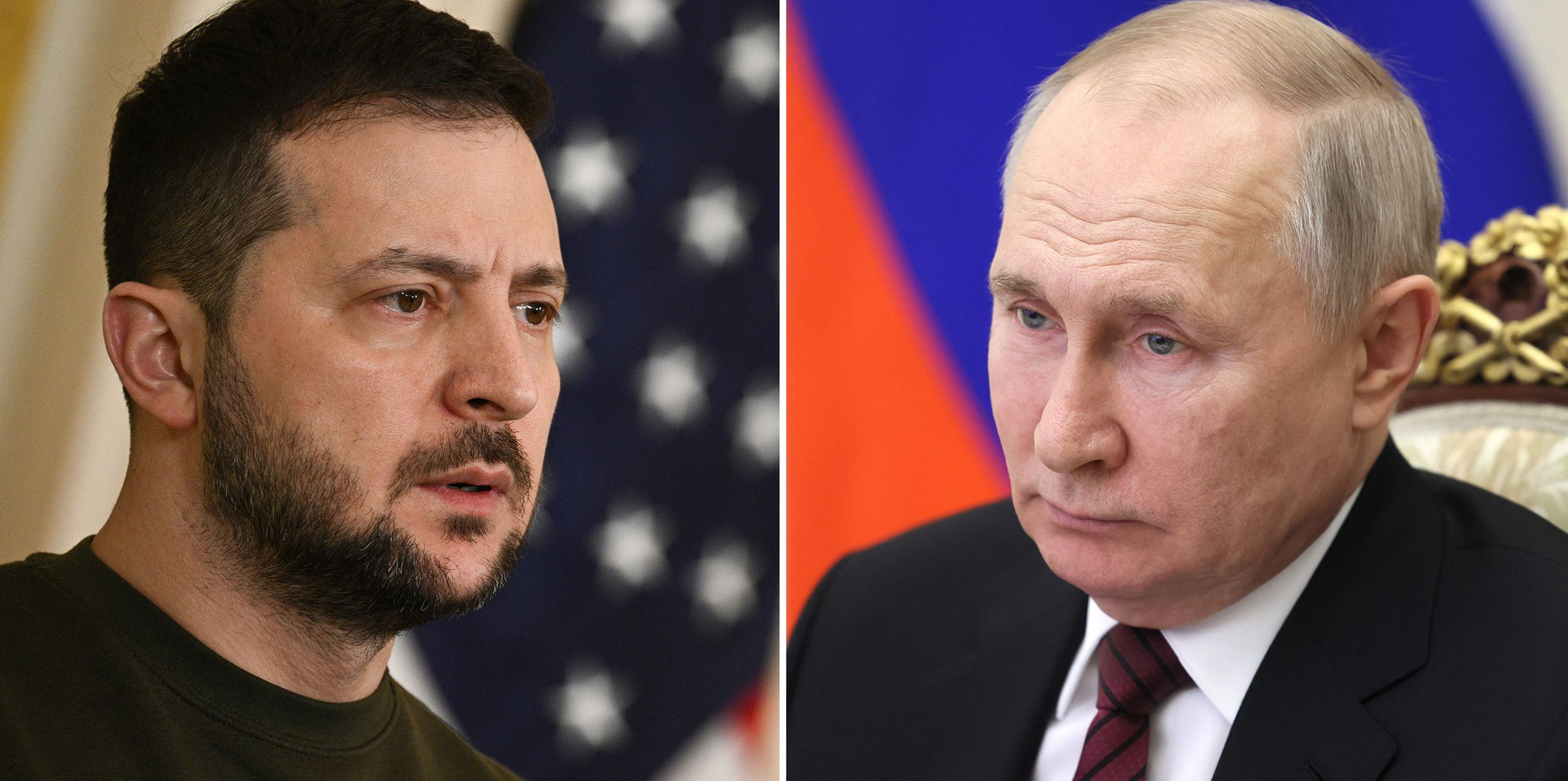Russian President Vladimir Putin announced his country’s willingness to engage in a third round of negotiations with Ukraine, while also acknowledging fundamental disagreements between the two sides.
During the latest 2 June negotiations in Istanbul, Ukraine and Russia also exchanged position papers outlining their respective visions for ending the war.
Speaking after the Eurasian Economic Union summit in Minsk, Belarus, Putin characterized the Russian and Ukrainian memorandums on ending the war as “absolutely opposite” and suggested this divergence was expected, arguing that negotiations exist specifically to find common ground between conflicting positions.
The Russian president declined to elaborate on specific details of the proposed talks.
“I wouldn’t want to go into details, because I consider it inappropriate, even harmful to preempt the negotiations themselves,” Putin stated.
According to Putin, recent prisoner exchanges and the return of deceased soldiers’ remains have established a foundation for continued diplomatic contact. He indicated both sides had previously agreed to proceed with a third negotiating round following the completion of these humanitarian measures.
Earlier, Turkish President Recep Tayyip Erdoğan also revealed that US President Donald Trump has expressed willingness to participate in potential Ukraine-Russia leadership meetings, contingent on Putin’s attendance.
Putin emphasized that logistical details including timing and final venue selection still require coordination between the parties. According to the Russian president, negotiating teams are “in constant contact, constantly calling each other” to advance preparations.
He also suggested the upcoming talks should focus on reconciling the opposing memorandums each side has prepared.
Russian demands for ending the war include:
- Ukrainian military withdrawal from four occupied regions
- written guarantees from Western leaders to halt “NATO’s eastward expansion”, effectively excluding Ukraine, Georgia, and other former Soviet states from membership
- Ukraine adopting a neutral status and limitations on Ukraine’s armed forces
- partial lifting of Western sanctions from Russia
- resolution of frozen Russian assets abroad
- protections for Russian speakers in Ukraine
- holding of Ukrainian presidential elections because Moscow doesn’t recognize Zelenskyy as a legitimate leader
Ukraine rejected these conditions, insisting on its sovereign right to choose alliances and strong Western security guarantees.
In contrast, Ukraine presented its own ceasefire proposals, including:
- complete cessation of hostilities
- return of deported children and prisoner exchanges
- security assurances
- rejection of any forced neutrality or restrictions on its military capabilities and alliances, including NATO membership
- maintaining Ukrainian sovereignty.
Additionally, during Istanbul peace talks on 16 May, Russian presidential aide Vladimir Medinsky reportedly told the Ukrainian delegation that Russia is prepared to fight for “a year, two, three—however long it takes,” invoking Russia’s historical 21-year war with Sweden to emphasize its willingness for prolonged conflict.
Despite Russia’s claim of not wanting war, Medinsky warned that some participants might lose more loved ones and that Russia is ready to fight indefinitely.




